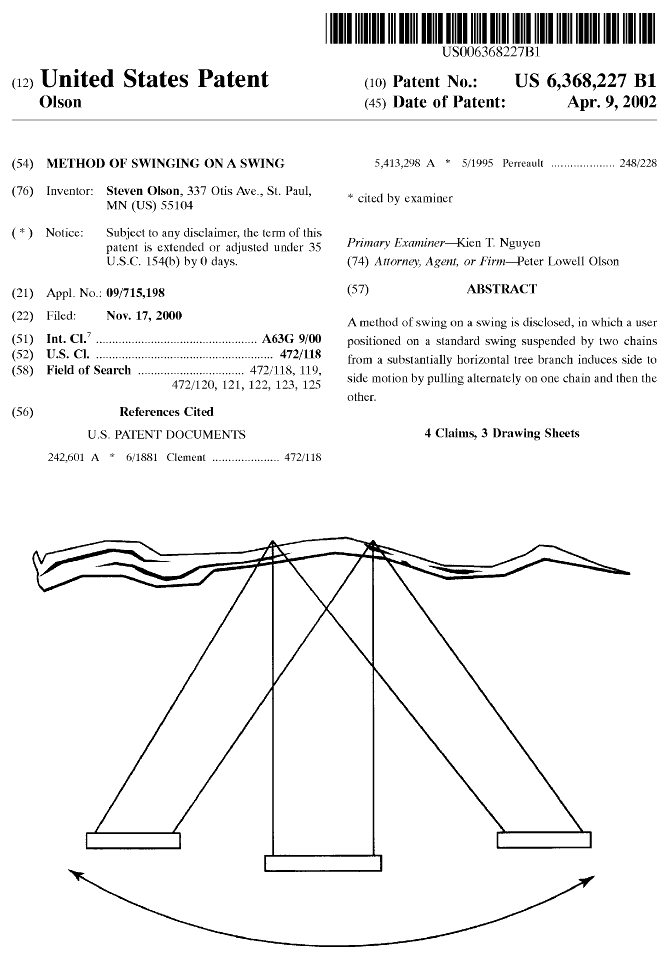Patent Troll Mines
(Or How I Learned to Stop Worrying and Love the Legal System)

Sadly, we live in a litigious world. Civil law suits are often tools of business, rather than justice. Badly drafted laws create industries of vexatious litigant, the most modern of which is the patent troll. Unlike a commercial company, the troll seeks out the worst issued and most over-reaching patents his tentacles can grasp.
Patent actions impose heavy costs, even on the winning side. The cost of fighting a legal action can be devastating when a small firm faces a deep-pocketed incumbent. A successful IP case can hold the target’s entire enterprise to ransom. Even Microsoft has found that cheap to launch IP litigation can create huge risks and expenses.. (Although after the Stax case, it’s hard to have much sympathy for them.)
This asymmetry between cost of initiation and the inflicted damage means that the best defence we can hope for is a credible deterrent. To be economical, this deterrent needs to be feared, credible and certain. It is not necessary for it have an opposite effect to the IP action it is deterring, it is simply necessary that decision makers fear it.
To server this purpose, I propose The Troll Mine, a pre-funded trust for the benefit of any lawful litigation against controlling individuals directing a frivolous patent litigation case. If Amazon enforces on 1-Click (which they generally don’t), the target’s Troll Mine triggers. Any future divorcee (or neighbour in a boundary dispute) with an officer of Amazon will have funds available to them.

I believe it is right that the Troll Mine should target individuals. This might seem a little brutal, but it is the most effective way to change behaviour. Immortal and with unlimited hours, corporations, are hard to bully. People are softer, even minor legal cases can degrade an individual’s life for years. An ex-employees case can be answered by any agent of a corporation; a CEO’s divorce case must necessarily intrude on his life. Corporate politics from the last two decades prove beyond any doubt that company agents are human, and will not impoverish their own lives for the firm.
A contested US divorce costs $50,000 in legal fees , so a mere $120k or so should be enough capital for our troll mine to cause fear.
To be effective, the troll mine must be certain. Which means its existence should be public, the protected company should not be able to stop it even if they wanted to, and that the destruction of the protected company should not stop the mine. This means a trust. Some funds will need to be set aside and placed under external management. A trust manager would then have the discretion to detonate the mine. Hopefully the increased management fees of an triggered troll mine would make them diligent in pulling the trigger.
And what should we use for the trigger? We should try to make the trust seem non-vindictive, and a genuine patent litigant will be mostly interested in shutting down infringement, rather than extracting a draconian settlement. So although we could set the mine to trigger on any IP litigation, we are probably better off limiting it to actual patent trolling. Many national patent systems are actually sane. The trust could set to trigger if a patent action was brought that would not be allowable in Switzerland (or another sensible jurisdiction).
Is this ethical? Well, we have a broken, if usable, system – and we all have to do what we can within it. People who go shaking down firms know the game they’re playing – they aren’t entitled to complain if the table’s tilted back on them.

Method of Swinging on a Swing: To be fair, the patent was invalidated.